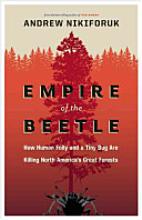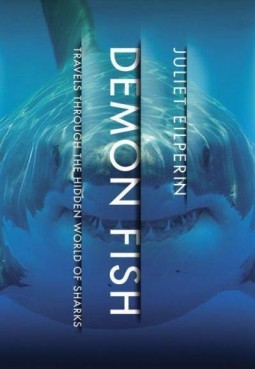
Algae Oil Omega-3 (start time 5:28). Omega-3 dietary supplements are all the rage. Many studies claim that this family of fatty acids benefits your brain, heart and vision, among other things. A non-fish source that already is infused in milk and other foods we consume is oil derived from marine algae. Cohost Susan Moran interviews Dr. Bill Barclay, a microbial ecologist who manages the Boulder division of Martek Biosciences (now DSM). He talks about how he discovered how to produce DHA omega-3 oils from microalgae, and how they can boost our health in an environmentally sustainable way (or at least free of concern about overfishing).
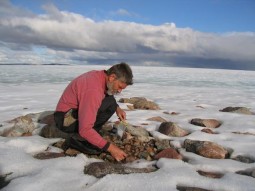
Little Ice Age (start time 15:25). Shortly after the Middle Ages, something strange happened. Suddenly, the entire world got a little cooler. And then it hung on. The cooling lasted over 500 years, all the way to the 1800s. Those five cool centuries are known as the Little Ice Age. How it happened has been a mystery that modern climate scientists have worked hard to figure out, and one they’ve argued about. Now, a University of Colorado Boulder-led study appears to have finally solved the mystery. HOE’s Shelley Schlender interviews the lead author of the study, CU-Boulder Professor Gifford Miller.
Hosts: Tom McKinnon, Susan Moran
Contributor: Breanna Draxler
Producer: Susan Moran
Engineer: Shelley Schlender
Executive Producer: Shelley Schlender
Listen to the show:
Podcast: Play in new window | Download (Duration: 23:54 — 21.9MB)
Subscribe: RSS

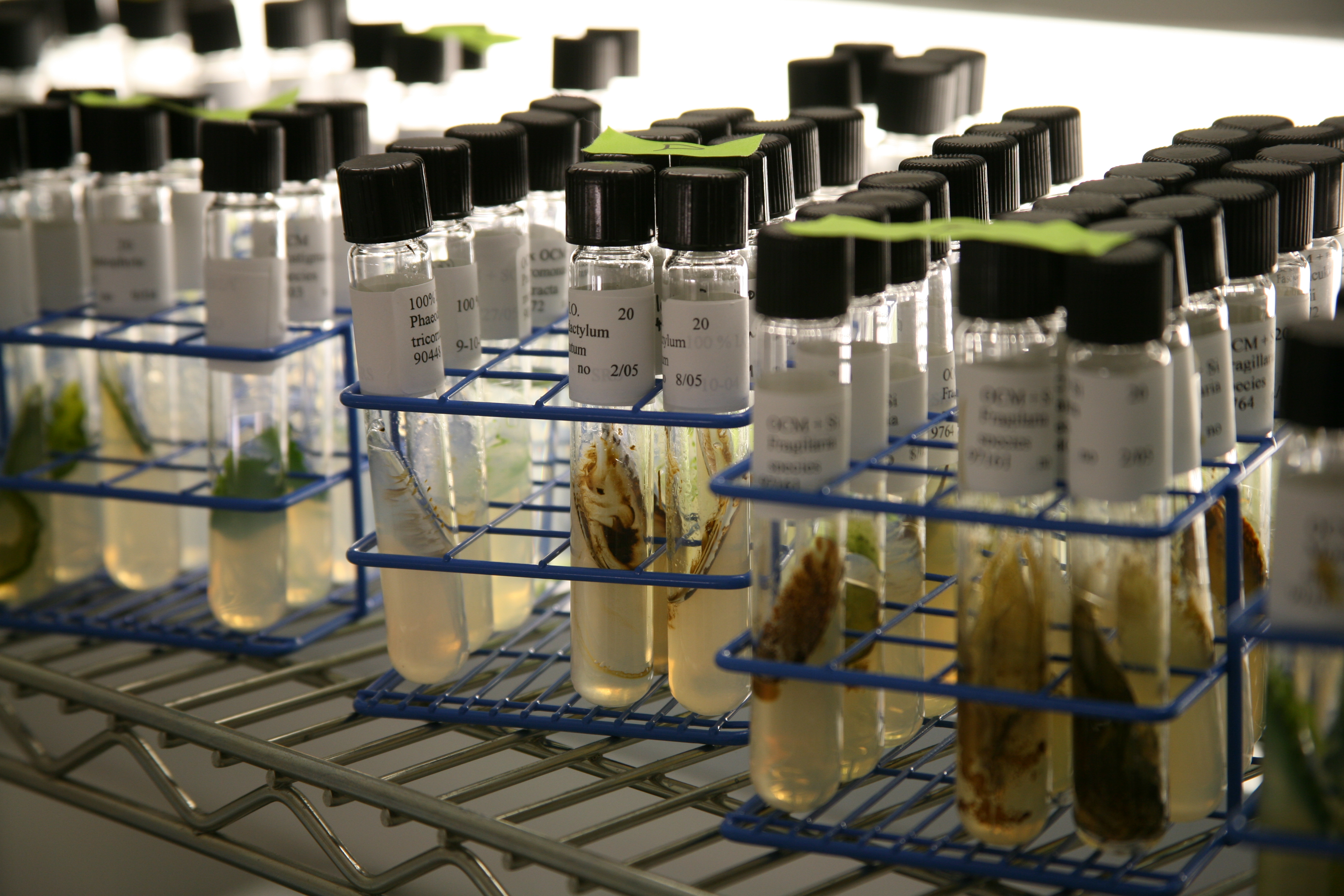


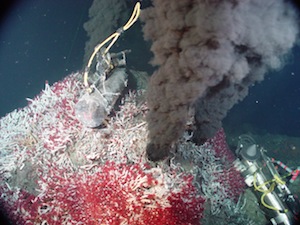
 Underwater Volcanoes (start time 5:45). Most of our planet’s volcanoes are out of sight, and largely out of mind. Hidden under sometimes thousands of feet of water, volcanoes on the sea floor bubble and boil away without our knowledge and largely without our understanding. We talk with Oregon State University volcanologist
Underwater Volcanoes (start time 5:45). Most of our planet’s volcanoes are out of sight, and largely out of mind. Hidden under sometimes thousands of feet of water, volcanoes on the sea floor bubble and boil away without our knowledge and largely without our understanding. We talk with Oregon State University volcanologist  Sleep (start time 15:50). As any mother knows, when children get cranky, one of the best solutions is to “go take a nap.” What is less understood is whether or not those naps can be now and then, or whether it’s important to keep them regular. We speak with an expert who has just published a study that looks at the question of napping among preschool children. Her name is
Sleep (start time 15:50). As any mother knows, when children get cranky, one of the best solutions is to “go take a nap.” What is less understood is whether or not those naps can be now and then, or whether it’s important to keep them regular. We speak with an expert who has just published a study that looks at the question of napping among preschool children. Her name is 

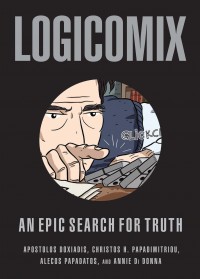

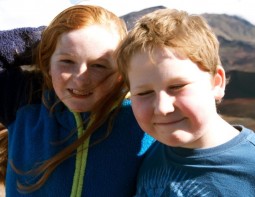


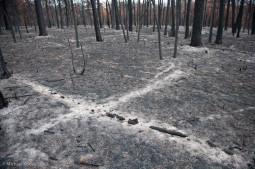
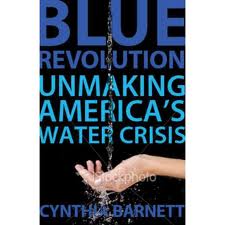
 Susan Moran has a telephone interview with
Susan Moran has a telephone interview with 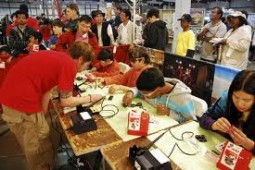 Jeff Branson of the
Jeff Branson of the 
 Feature #1 (time mark 5:30) When people think of Colorado, they usually don’t think about “oceans”. After all, Colorado doesn’t have much of a coastline these days, though it was definitely had oceanfront property a few hundred million years ago. However, being in a landlocked state doesn’t mean that there isn’t any thing we can do to impact the health and ecology of the ocean and marine biology. Co-host Joel Parker talks with Vicki Goldstein, founder and president of the
Feature #1 (time mark 5:30) When people think of Colorado, they usually don’t think about “oceans”. After all, Colorado doesn’t have much of a coastline these days, though it was definitely had oceanfront property a few hundred million years ago. However, being in a landlocked state doesn’t mean that there isn’t any thing we can do to impact the health and ecology of the ocean and marine biology. Co-host Joel Parker talks with Vicki Goldstein, founder and president of the 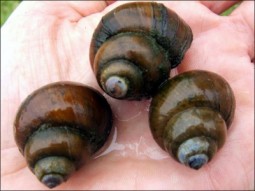 Feature #2 (time mark 14:10) Nitrogen – we can’t live without it, but you can have too much of a good thing. In its gaseous form nitrogen is harmless and makes up nearly 80 percent of the atmosphere. The worldwide population never would have reached 7 billion people without nitrogen, in the form of chemical fertilizer. But excess nitrogen –from fertilizer runoff, manure, human sewage and other sources is wreaking havoc on the environment. Co-host Susan Moran talks with John Mischler, a PhD student at CU Boulder, who is researching worms and snails in Colorado and Africa. He talks about how excess nutrients in ponds, lakes and elsewhere can lead to the spread of parasitic disease from trematodes to snails to us.
Feature #2 (time mark 14:10) Nitrogen – we can’t live without it, but you can have too much of a good thing. In its gaseous form nitrogen is harmless and makes up nearly 80 percent of the atmosphere. The worldwide population never would have reached 7 billion people without nitrogen, in the form of chemical fertilizer. But excess nitrogen –from fertilizer runoff, manure, human sewage and other sources is wreaking havoc on the environment. Co-host Susan Moran talks with John Mischler, a PhD student at CU Boulder, who is researching worms and snails in Colorado and Africa. He talks about how excess nutrients in ponds, lakes and elsewhere can lead to the spread of parasitic disease from trematodes to snails to us.


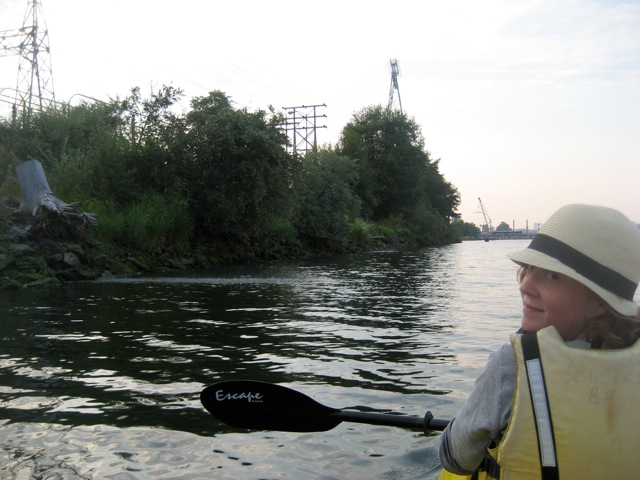
 Nature means something different to everyone. It’s a towering old-growth redwood forest to some. Deep silent canyons to others. And urban community gardens to others. Defining what is “pristine nature” is even more dicey. Just ask conservation biologists trying to figure out the best ways to preserve ecosystems and their flora and fauna.
Nature means something different to everyone. It’s a towering old-growth redwood forest to some. Deep silent canyons to others. And urban community gardens to others. Defining what is “pristine nature” is even more dicey. Just ask conservation biologists trying to figure out the best ways to preserve ecosystems and their flora and fauna. Tom McKinnon interviews Jeff Bisberg of
Tom McKinnon interviews Jeff Bisberg of 